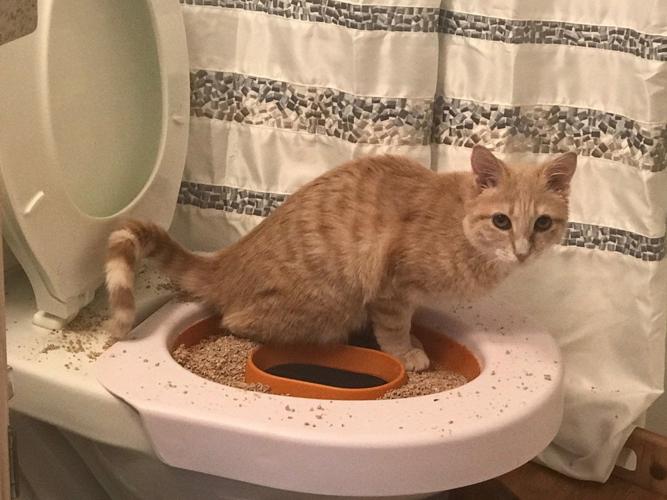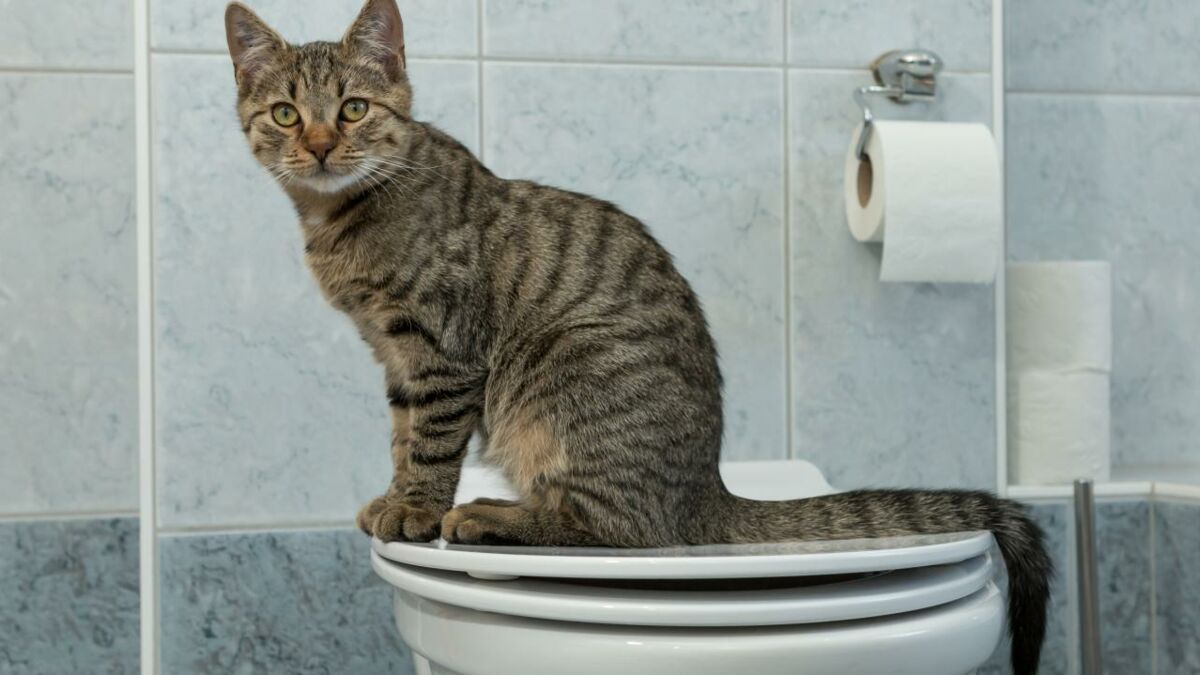We have unearthed this great article involving Don’t flush cat feces down the toilet below on the internet and thought it made perfect sense to write about it with you on my blog.

Introduction
As cat owners, it's necessary to bear in mind just how we get rid of our feline good friends' waste. While it may appear convenient to flush feline poop down the commode, this practice can have damaging repercussions for both the environment and human health and wellness.
Ecological Impact
Purging feline poop presents damaging microorganisms and bloodsuckers into the supply of water, posturing a considerable danger to aquatic ecosystems. These pollutants can negatively impact marine life and compromise water quality.
Health Risks
In addition to environmental issues, purging feline waste can additionally posture wellness threats to human beings. Pet cat feces might contain Toxoplasma gondii, a parasite that can trigger toxoplasmosis-- a possibly severe ailment, specifically for pregnant women and people with damaged immune systems.
Alternatives to Flushing
Thankfully, there are safer and much more accountable methods to take care of pet cat poop. Take into consideration the complying with alternatives:
1. Scoop and Dispose in Trash
The most usual approach of dealing with cat poop is to scoop it right into an eco-friendly bag and throw it in the trash. Be sure to utilize a dedicated trash scoop and throw away the waste quickly.
2. Usage Biodegradable Litter
Opt for naturally degradable pet cat clutter made from products such as corn or wheat. These litters are environmentally friendly and can be securely disposed of in the trash.
3. Bury in the Yard
If you have a yard, consider burying cat waste in a marked location far from vegetable yards and water resources. Make certain to dig deep enough to prevent contamination of groundwater.
4. Set Up a Pet Waste Disposal System
Invest in a pet dog waste disposal system particularly developed for pet cat waste. These systems make use of enzymes to break down the waste, lowering odor and ecological effect.
Verdict
Liable family pet ownership prolongs past offering food and shelter-- it likewise involves appropriate waste management. By refraining from purging feline poop down the commode and selecting alternative disposal techniques, we can minimize our environmental footprint and shield human health.
Why Can’t I Flush Cat Poop?
It Spreads a Parasite
Cats are frequently infected with a parasite called toxoplasma gondii. The parasite causes an infection called toxoplasmosis. It is usually harmless to cats. The parasite only uses cat poop as a host for its eggs. Otherwise, the cat’s immune system usually keeps the infection at low enough levels to maintain its own health. But it does not stop the develop of eggs. These eggs are tiny and surprisingly tough. They may survive for a year before they begin to grow. But that’s the problem.
Our wastewater system is not designed to deal with toxoplasmosis eggs. Instead, most eggs will flush from your toilet into sewers and wastewater management plants. After the sewage is treated for many other harmful things in it, it is typically released into local rivers, lakes, or oceans. Here, the toxoplasmosis eggs can find new hosts, including starfish, crabs, otters, and many other wildlife. For many, this is a significant risk to their health. Toxoplasmosis can also end up infecting water sources that are important for agriculture, which means our deer, pigs, and sheep can get infected too.
Is There Risk to Humans?
There can be a risk to human life from flushing cat poop down the toilet. If you do so, the parasites from your cat’s poop can end up in shellfish, game animals, or livestock. If this meat is then served raw or undercooked, the people who eat it can get sick.
In fact, according to the CDC, 40 million people in the United States are infected with toxoplasma gondii. They get it from exposure to infected seafood, or from some kind of cat poop contamination, like drinking from a stream that is contaminated or touching anything that has come into contact with cat poop. That includes just cleaning a cat litter box.
Most people who get infected with these parasites will not develop any symptoms. However, for pregnant women or for those with compromised immune systems, the parasite can cause severe health problems.
How to Handle Cat Poop
The best way to handle cat poop is actually to clean the box more often. The eggs that the parasite sheds will not become active until one to five days after the cat poops. That means that if you clean daily, you’re much less likely to come into direct contact with infectious eggs.
That said, always dispose of cat poop in the garbage and not down the toilet. Wash your hands before and after you clean the litter box, and bring the bag of poop right outside to your garbage bins.
https://trenchlesssolutionsusa.com/why-cant-i-flush-cat-poop/

Do you like reading up on Can You Flush Cat Poop Down The Toilet?? Create a review down the page. We will be glad to hear your views about this article. We are looking forward that you come back again later on. In case you liked our blog post please make sure you remember to share it. Thanks a lot for going through it.
Go Company
Comments on “Why You Should Avoid Flush Cat Poop Down Your Toilet - Important Facts”